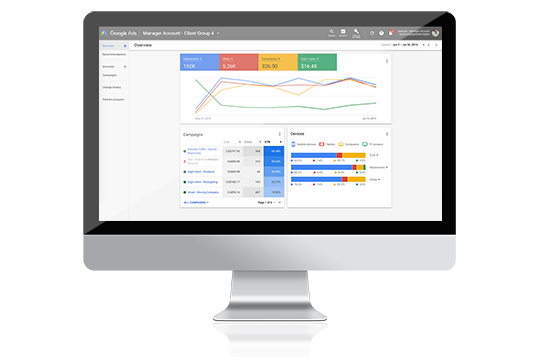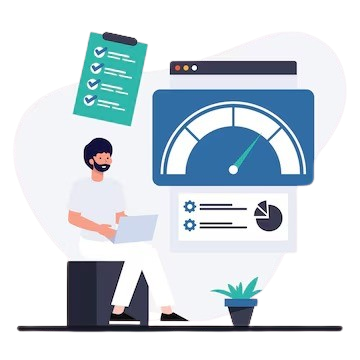PPC stands for Pay-Per-Click, which is a digital advertising model where advertisers pay a fee each time their ad is clicked. It's a way of buying visits to a website rather than earning them organically through search engine optimization (SEO).
Contact Us
In a PPC campaign, advertisers bid on specific keywords or phrases relevant to their target audience. When users search for these keywords on search engines like Google, Bing, or Yahoo, the ads appear at the top or bottom of the search engine results page (SERP), labeled as "sponsored" or "ad."
The Main Advantages of PPC advertising include
The cost of each click depends on various factors, including the competitiveness of the keyword, the quality of the ad and landing page, and the advertiser's bid. PPC advertising platforms typically use a bidding system where advertisers set a maximum bid for each click, and the ad position is determined based on the bid amount, ad quality, and relevance.
PPC campaigns can also be run on other platforms besides search engines, such as social media networks like Facebook, Twitter, and LinkedIn, as well as display networks where ads are shown on websites and apps.
Immediate Results

PPC campaigns can drive traffic to a website almost instantly, making it an effective strategy for generating leads and sales quickly.
Targeted Advertising

Advertisers can target their ads to specific demographics, locations, interests, and behaviors, ensuring they reach the right audience with their message.
Measurable Results

PPC platforms provide detailed analytics and reporting tools that allow advertisers to track the performance of their campaigns in real-time, including clicks, conversions, and return on investment (ROI).
Flexible Budgeting

Advertisers have full control over their budget and can adjust their spending at any time based on campaign performance and business objectives.
Overall, PPC advertising can be a powerful tool for businesses looking to increase their online visibility, drive traffic to their website, and achieve their marketing goals effectively.
Contact Us